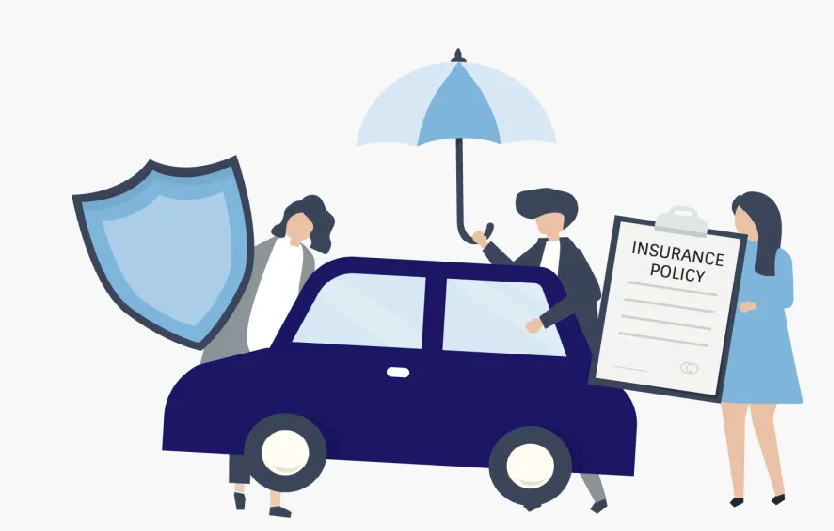Car owners need to decide between getting a comprehensive insurance plan and third-party insurance. Comprehensive insurance covers third-party risks apart from own damage liabilities. Third-party insurance is only effective in providing coverage for third-party risks. When choosing the best form of each type, it is important to look at the advantages and disadvantages of each. Buying vehicle insurance online nowadays is straightforward, and you can compare several quotes on a single tab to help you choose the best deal.

Comprehensive Vehicle Insurance
Comprehensive vehicle insurance offers extensive protection. It covers damage to your vehicle and others’ vehicles and bodies. When an automobile is under comprehensive insurance, it helps the owner against man-made calamities such as theft and riots. It also covers reasonable expenses for damages to the car along with other natural disasters such as earthquakes and floods. Such wider coverage addresses client needs, and, at the same time, it is not very expensive.
Advantages Of Purchasing Comprehensive Auto Insurance
- Better security for your car in an accident.
- Protection against physical harm and untimely death.
- Coverage against legal obligations in an accident.
- Protection from fire damage and natural disasters.
Third-Party Auto Insurance
Third-party auto insurance protects you from legal consequences in accidents. It pays for death, disability, injury, or property damage to others. The Motor Vehicles Act of 1988 made third-party vehicle protection mandatory on Indian roads. Driving without it is illegal. If you are tech-savvy, you can buy auto insurance online via broking platforms, company websites, or mobile apps.
Third-Party Auto Insurance Benefits
- It covers financial costs and legal fees if you’re involved in an accident that harms someone.
- You’ll have peace of mind, avoiding financial stress in a traumatic situation.
- Buying or renewing online is quick, easy, and convenient.
Inclusions Of Third-Party Auto Insurance
- A third-party auto insurance policy guards against harm to a third party resulting from an insured vehicle in an accident (the loss involves property damage, death, and injury).
- Every auto insurance policy in the nation includes third-party liability insurance by default.
- In addition to third-party liability protection, many insurance companies now offer personal accident coverage to the insured vehicle’s owner-driver.
Third-Party Auto Insurance Exclusions
- Damage or liability outside the designated area.
- Claims from breaking the “Limitations as to use” rules.
- Someone other than the designated driver or owner is driving.
- Accidents caused by someone else’s mistake.
- Nuclear or military-related damage.
Overall, comprehensive insurance is preferable to third-party insurance for those with valuable cars, although it depends on the coverage required by the owner. Third-party insurance is quite an affordable product that only insures resultant third-party damages, while comprehensive insurance insures your vehicle alongside third parties. Evaluate your vehicle’s value and your ability to take risks to decide on your optimal plan.
When considering purchasing a policy, here are the key things you must know to apply for car insurance online: your vehicle details, personal information, driving history, and the type of coverage you desire.






Leave a Reply
You must be logged in to post a comment.